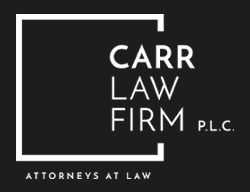Many criminal offenses in Iowa either directly or indirectly relate to substance abuse disorders. People can end up arrested for the possession of a controlled substance or how they acquire their drug of choice. The actions people take to afford their preferred drugs could also sometimes lead to criminal charges. Many theft offenses and other property crimes relate to substance abuse issues.
Addiction can lead to someone’s arrest, and a criminal conviction could make it much harder for someone to move on from a prior offense. Those accused of criminal activity in Iowa often feel hopeless, as though their entire future is at risk.
What many defendants fail to understand is that there might be an alternative available that could reduce the long-term consequences that a criminal charge related to addiction might inspire. Some people can ask to have their cases go through the Iowa adult drug courts instead of the standard criminal courts.
What are the drug courts?
The connection between addiction, criminal offenses and even recidivism is well-known. Lawmakers at both the state and federal levels have sought to implement programs to reduce how much impact a drug offense has on an individual’s future.
Des Moines County, along with numerous other counties in Iowa, offers adult drug courts as an option for those facing charges that relate to a substance abuse disorder. The one exception is when someone faces operating while intoxicated (OWI) charges. Those offenses are usually not eligible for diversion through the drug treatment courts.
Drug possession offenses and other nonviolent crimes that directly relate to an addiction could lead to drug court proceedings instead of criminal trials. During drug court hearings, people seek out treatment and support for a substance abuse disorder instead of attempting to prove their guilt or innocence.
The defendants in drug court typically face a lengthy period of court supervision and have to fulfill numerous requirements, such as completing substance abuse treatment, before they can move on from the charges they face. Especially if someone does not have a criminal record and wants to put a recent mistake behind them, seeking adjudication in the drug courts could be a viable option.

